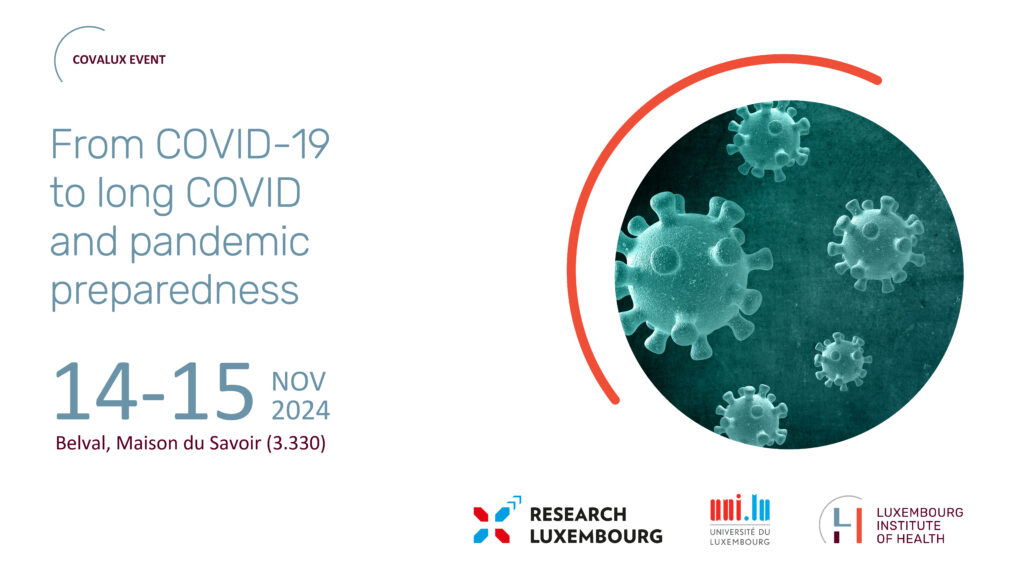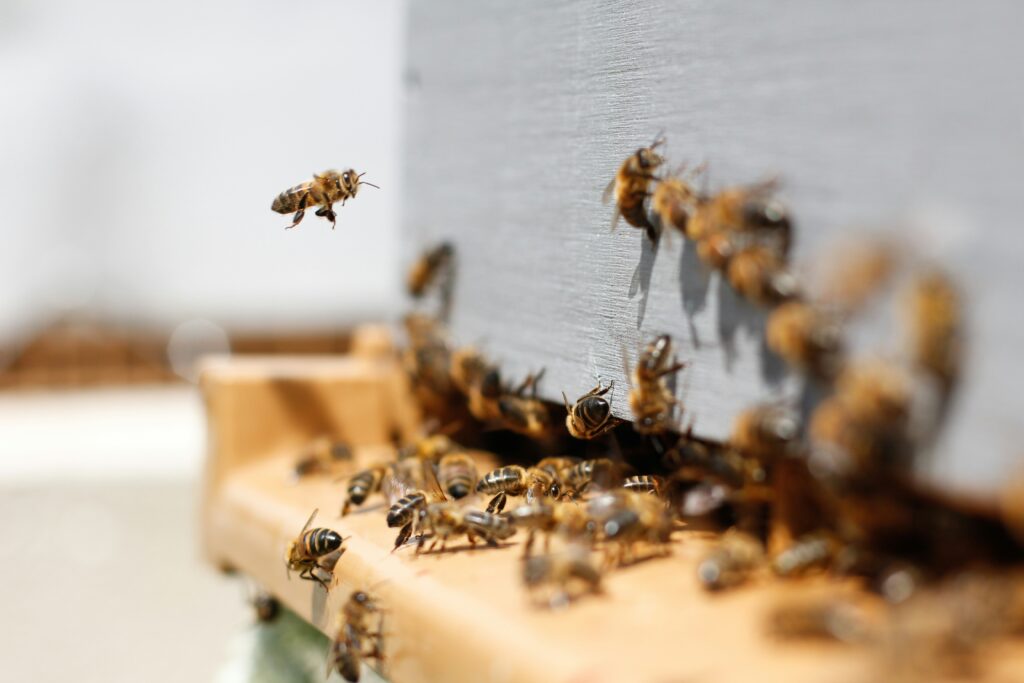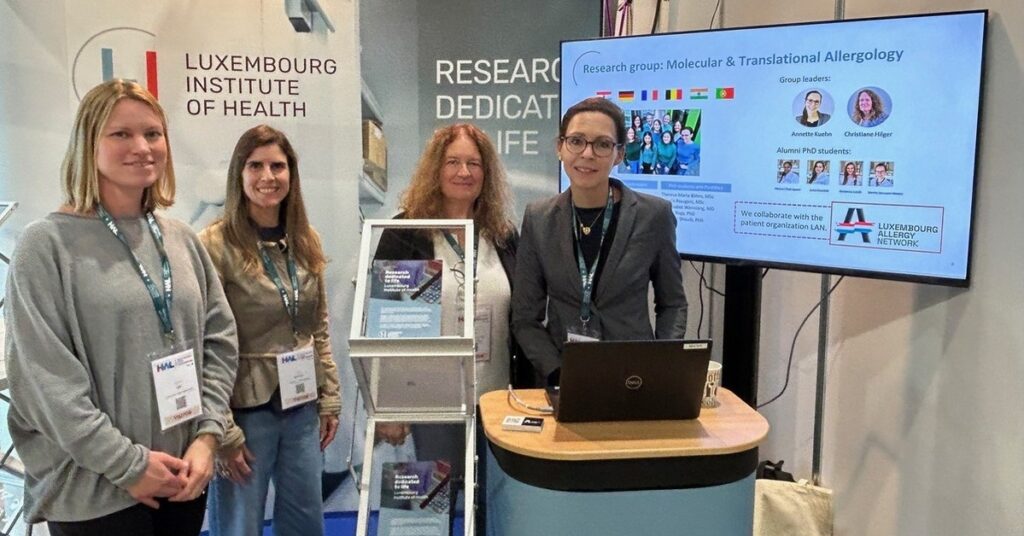- Forschungsspektrum
- Translationale Forschung
- Transversale Translationale Medizin (TTM)
- Operationszentrum für Translationale Medizin (TMOH)
- Büro für Klinisches Projektmanagement (CPMO)
- Zentrum für Klinische und Epidemiologische Untersuchungen (CIEC)
- Luxemburger Zentrum für Klinische und Translationale Forschung (LCTR)
- Integrierte Biobank von Luxemburg (IBBL)
- Disease Modeling & Screening Platform (DMSP)
- Luxgen Genom Zentrum
- Plattform für Forschungspathologie (RPP)
- Forschungsprojekte und klinische Studien
- Unterstützen Sie uns
- Translationale Forschung
series
[Article series] The experts behind Luxembourg’s Covid-19 fight
Bitte beachten Sie, dass dieser Artikel derzeit nur auf Englisch verfügbar ist. Eine Übersetzung ins Deutsche wird in Kürze verfügbar sein.
18 Mai 2020
4minuten

Interview with Prof Claude P. Muller
Prof Claude P. Muller (CPM) is a medical doctor and chemist by training. As a scientist, he works in the surveillance and management of viral outbreaks at a global level. In the context of the COVID-19 pandemic, Prof Muller and the LIH Department of Infection and Immunity (DII) are currently involved in a broad range of activities, from the validation of novel therapeutic approaches, to the development of assays to detect the presence of the SARS-CoV-2 virus and assess antibody levels, among others. In this short interview, he discusses his expertise and participation in ongoing COVID-19 projects.
Prof Muller, could you tell us more about your expertise?
CPM: I am a medical doctor and chemist by training, specialised in internal medicine, but I have spent the past 25 years working in virology and immunology at LIH. Specifically, I am involved in the surveillance and monitoring of the emergence of new viruses, their characterisation and evolution as they acquire the ability to cross species barriers. My career has led me to study the onset and development of many viral outbreaks not just in Europe, but throughout the world, from Sub-Saharan Africa in countries such as Nigeria, Burkina Faso and Congo, to Central and South-East Asia, including Laos, Thailand and Vietnam. For instance, our lab was the first to characterise the virus responsible for the bird flu outbreak in Sub-Saharan Africa. Similarly, we have been monitoring the spread of Hepatitis B in Africa and studying the evolution of this virus. Looking for instance at the migration patterns of chronic carriers, we are able to trace the natural history, i.e. to tell how and when certain virus genotypes originated and spread across continents. We have studied the prevalence of many infectious diseases, i.e. the percentage of individuals in populations infected by the virus, and the effectiveness of vaccines in reducing it. Moreover, DII is the World Health Organisation (WHO) European Regional Reference Laboratory for Measles and Rubella, responsible for 23 European countries, from Portugal to Turkey and Georgia and from the Ukraine to Cyprus and Israel. In addition, we are the only WHO Collaborating Centre for measles worldwide. Thus we are part of broad international networks of laboratories working on viral disease and outbreaks.
How is your expertise relevant in the current COVID-19 context?
CPM: My 25-year career in virology and the expertise I acquired in both the surveillance of viruses and the containment of epidemics are precisely in line with the knowledge and skills required to address the situation that we are currently experiencing with SARS-CoV-2. I am a member of the Regional Verification Commission for Measles Elimination in the WHO EMRO-Region, spanning 22 countries from Morocco to Pakistan and from Syria to Somalia. This WHO commission evaluates the surveillance and outbreak preparedness of these countries and provides governments with recommendations to improve the control of virus circulation. This experience is certainly also valuable in light of the current pandemic in Luxembourg. I have investigated epidemic and endemic viruses in dozens of countries, but I would have never imagined that I would experience the worst outbreak in my home country. This is certainly the worst pandemic I have ever encountered throughout my career, both in terms of contagiousness and short- and long-term consequences. Never before have we experienced a worldwide lockdown as a containment strategy. Interventions were usually much more geographically confined and less drastic. SARS-CoV-2 and the COVID-19 disease are a particularly challenging situation for the population and health authorities around the world.
What is your specific role in the ongoing COVID-19 initiatives of the Research Luxembourg taskforce and with whom do you specifically collaborate?
CPM: I am currently transversally involved across different projects with a managing and consulting role to help define strategic aspects. For instance, I am collaborating closely with the Centre Hospitalier de Luxembourg (CHL) in the framework of a study that aims to test novel therapeutic approaches to cure the COVID-19 infection. I am also working with the LIH Department of Infection and Immunity, including Markus Ollert, Chantal Snoeck and their collaborators, on projects to develop assays that detect and characterise antibodies against SARS-CoV-2, quantify the immune response of individuals by measuring these antibodies, and verify whether these can lead to the neutralisation of the virus. In addition, I help various organisations that seek advice on protective measures and interventions.

MORE INFORMATION
For the latest news about COVID-19, visit coronavirus.lih.lu






